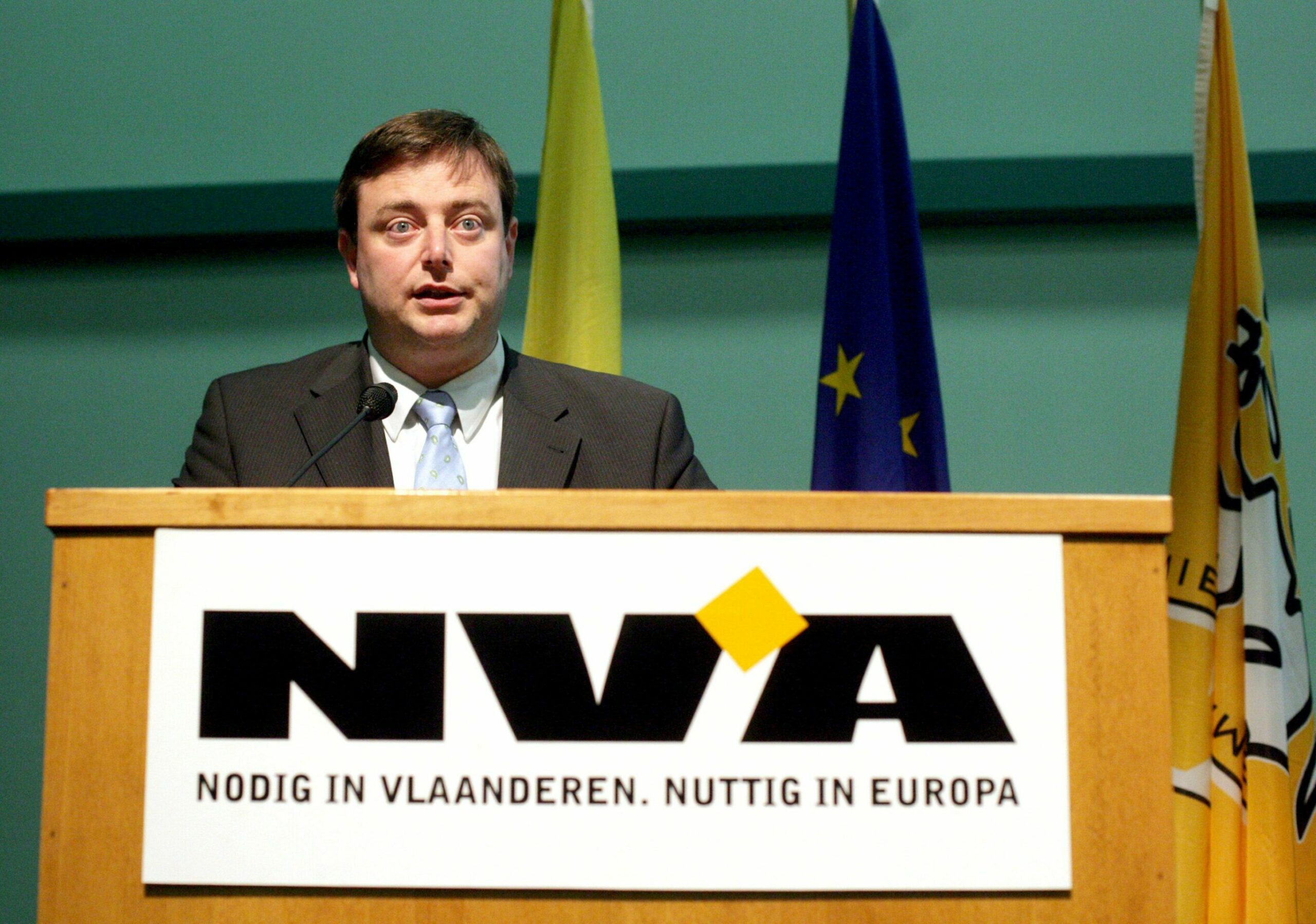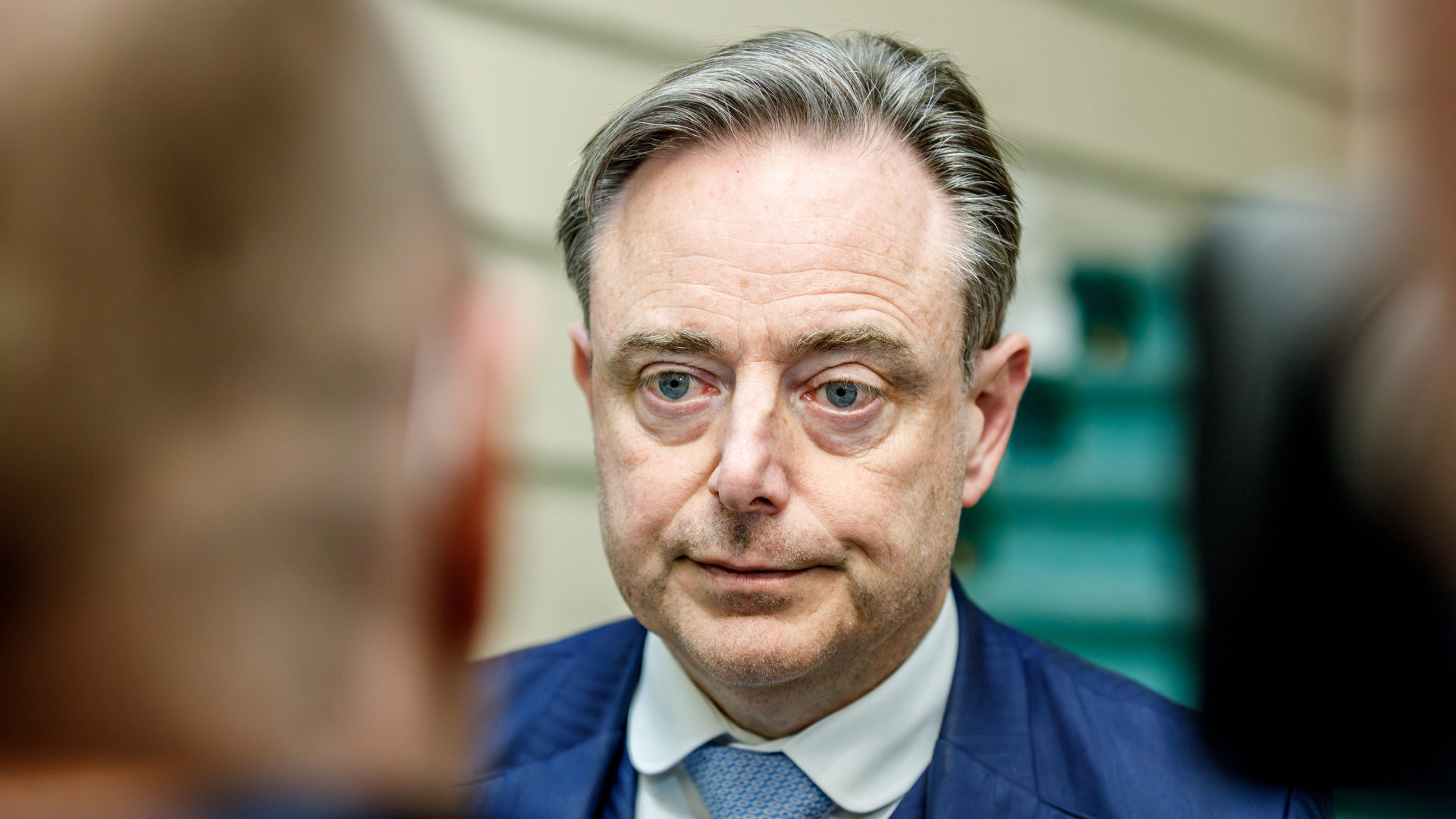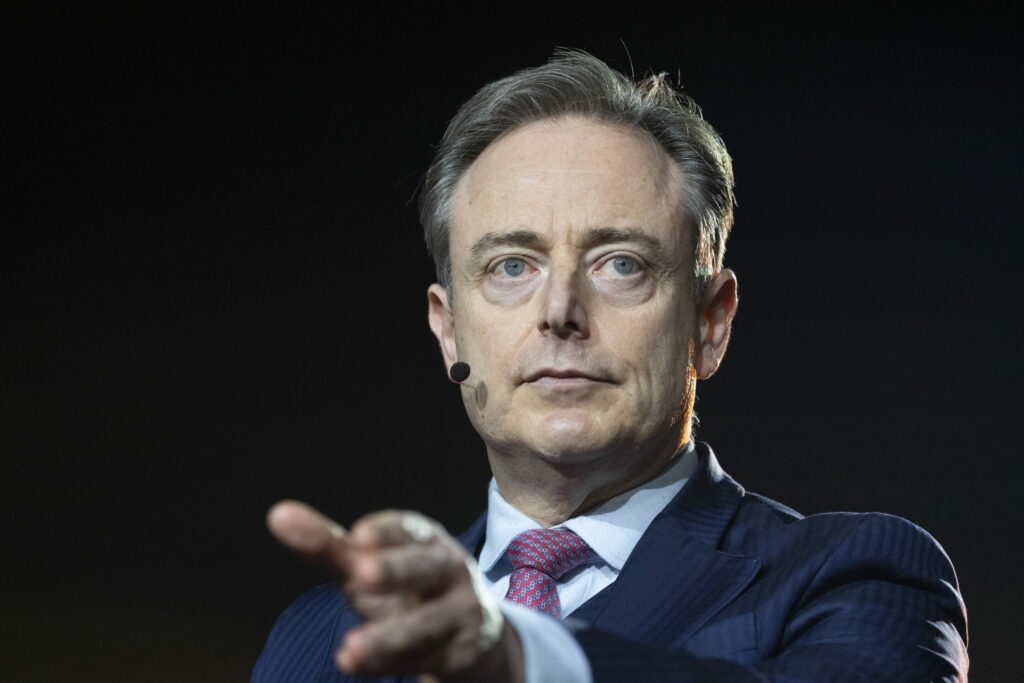As president of the Flemish-nationalist Nieuw-Vlaamse Alliantie (N-VA) from 2004 to 2025, Bart De Wever lifted his party from 1 to 24 federal parliamentary seats. Mayor of Antwerp, Belgium’s most populated municipality from 2013 to 2025, he became Belgium’s prime minister on 3 February 2025. Undoubtably a remarkable politician. Also a suitable prime minister for the country?
Philosopher Philippe Van Parijs reflects on current debates in Brussels, Belgium and Europe
“En dat allemaal met Vlaamse centen!” (“And all of this with Flemish pennies!”), said Bart De Wever, as he emerged from the car park under the Grand-Place in Louvain-la-Neuve on 9 December 2008. This was his first and so far perhaps only — glimpse of the university town, Wallonia’s most spectacular achievement since World War II. After some hesitation, he had accepted my invitation to dialogue with the hundreds of UCLouvain undergraduates attending my course on “economic, social and political ethics”.
“Typical!”, I thought. I knew what to expect (and hope) for my students: an uncomplacent dialogue sprinkled with dry humour. Just ten days earlier, I had spent a whole day in De Wever’s company in a castle in Gaasbeek, near Brussels. For a programme entitled “12 wijzen om België te splitsen” (interpretable as either “12 ways of splitting Belgium” or “12 wise people to split Belgium”), Flanders’ public television channel VRT had gathered nine Flemings (including De Wever), two Francophones (including myself) and the Minister-President of the German-speaking Community for unmoderated conversations structured by a few questions in sealed envelopes.
As the final conversation on Belgium’s future was drawing to a close, I declared myself, using a Flemish expression I quite like, “optimist tot in de kist” (optimistic all the way to the coffin”). De Wever promptly outwitted me by interjecting “van België”. That he might be dreaming about Belgium being confined, at long last, to a coffin could not come as a surprise to anyone around the table. He was, after all, the president of a party whose statutes state, in Article 1: “In its quest for better governance and more democracy, the N-VA logically opts for the independent republic of Flanders, member state of a democratic European Union”.
But was Bart De Wever really then, and is he today, a separatist? In the opening speech he gave (in very decent French) to my Louvain-la-Neuve students, he presented his nationalist and conservative political philosophy. As a (civic, not ethnic) nationalist, he believes that a democracy can only thrive within a community firmly knit together by a shared identity, a shared culture, a shared language. Being a conservative, he is striving for his goal “as a surgeon and not as a butcher”, in evolutionary and not revolutionary fashion, by respecting the existing constitutional order and not by smashing it.

Bart De Wever delivers a speech during a congress of the NV-A party in Nazareth, Saturday 13 May 2006.
Credit: Belga / Lieven Van Assche
Does this mean that he intends to gently transform the two separate, linguistically distinct democracies that make up today’s Belgium into two “independent republics, member states of a democratic European Union”? There is one fatal stumbling block. As he put it in 2010 in an interview with the magazine Humo, “Brussels is the most difficult problem. If there is one hard element in the effervescent tablet that is Belgium that will not dissolve itself, it is Brussels.” How might that problem be solved?
One option consists in an independent Flanders that relinquishes Brussels. “I do not share that view at all”, De Wever emphatically told my students. This first option could be called the Irish solution: the independent Republic of Ireland was born at the price of relinquishing Ulster. Michael Collins, the Irish leader who negotiated the deal was assassinated by a fellow nationalist. In the 2010 interview cited above, De Wever confided: “I am fascinated by death, by the way people die. I find myself very interested in politicians who did not die in their beds. Like Michael Collins.” Certainly not the main reason for De Wever to discard the first option, but perhaps a sufficient one.
The second option is the one proposed by the far-right nationalist party Vlaams Belang: Flanders secedes unilaterally with Brussels as its capital. In a widely watched episode on the VTM television programme “Het conclaaf” broadcast in the weeks before the federal elections of June 2024, Vlaams Belang’s president Tom Van Grieken explained to the six other Flemish party leaders gathered with him in a Walloon castle how this was going to be achieved: after the N-VA and Vlaams Belang together get an absolute majority in the Flemish Parliament, they will declare the independence of Flanders and give themselves five years — while his grandma’s clock is ticking, he said — to settle all the details of the partition with Wallonia and to organize Flander’s first national elections.
While Van Grieken was speaking, De Wever was rolling his eyes and it took him just a few sentences (and a mimicking of the ticking of the clock) to expose how ludicrous these plans were, leaving Van Grieken distraught and speechless. Commentators believe that this tirelessly cited episode was crucial in enabling the N-VA to win in extremis, against all forecasts, the neck-to-neck electoral race with Vlaams Belang.
Given that neither of the two options — without and with Brussels — offers a credible prospect, even in the long term, the conservative nationalist Bart De Wever had to resign himself to keeping Belgium alive as an EU member state that comprises Flanders as its dominant component. Since 2014, therefore, the N-VA’s official vision for the future of the country has no longer been a partition between two nations but a confederation between two communities that exercise a “condomium”, as he put it in Louvain-la-Neuve, over Brussels.
In order to make significant constitutional steps in this direction — however “evolutionary” —, a two-thirds parliamentary majority is needed and therefore a sufficient number of Walloons must be persuaded. Hence De Wever’s decision to present candidates in all Walloon constituencies at the June 2024 federal elections. Decidedly counterintuive coming from a Flemish nationalist — as is his becoming the prime minister of the Kingdom of Belgium after several months of mutually appreciated weekly conversations with the king.

Prime Minister Bart De Wever. Credit: Belga/Hatim Kaghat
In a revealing documentary released in November 2024 under the title “BDW. Politiek Beest”, a journalist followed the “political beast” Bart De Wever during his campaigns and victories at the June 2024 federal elections and the October 2024 municipal elections in Antwerp. During the night from 9 to 10 June, he is seen discovering with incredulity the spectacular victory of the right in Wallonia and swiflty concluding that he will soon get a call from the Palace asking him to form the next federal government. When asked by the journalist why he would accept it, he replied that politics is about power and that, when opportunities arise, politicians should seize them.
That this particular opportunity was up for De Wever to seize was largely due to the profound transformation of his image in Francophone public opinion over the years. When addressing my Louvain-la-Neuve students in 2008, he started by saying (I am quoting literally from the written text he sent me the following day): “Perhaps you read in [the main Francophone newspaper] Le Soir that I am a negationist leader or that I am an undercover Nazi who dreams of auto-da-fés. I hope I won't have to take off my pants to prove to you that I don't have a devil's tail.”
Related News
- Up to 6 years in prison for plotting to kill Bart De Wever
- New Belgian Government: 'De Wever has big shoes to fill'
- Belgium's next Prime Minister: Who is Bart De Wever?
16 years later, when Béatrice Delvaux, Le Soir’s chief editorialist, arrived at her paper’s headquarters on the morning after the N-VA’s June 2024 victory, the first thing she said was: “Merci, Bart”. From the xenophobic separatist, De Wever had metamorphosed into the anti-racist who saved Belgium from the far right.
Now that he is in the job, parading under a Belgian flag, deploying his oratory skills on behalf of the Kingdom, showing up when dramas occur anywhere in the country, there will be strong pressure for him to leave ever much further behind him his separatist persona: L’habit fait le moine, as Francophones say. The main challenge, for him, will not be to fit into his new role, but rather to not disappoint too bitterly his old nationalist supporter base. That won’t be easy. But he is clever.

